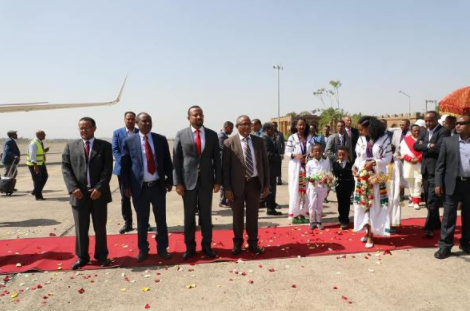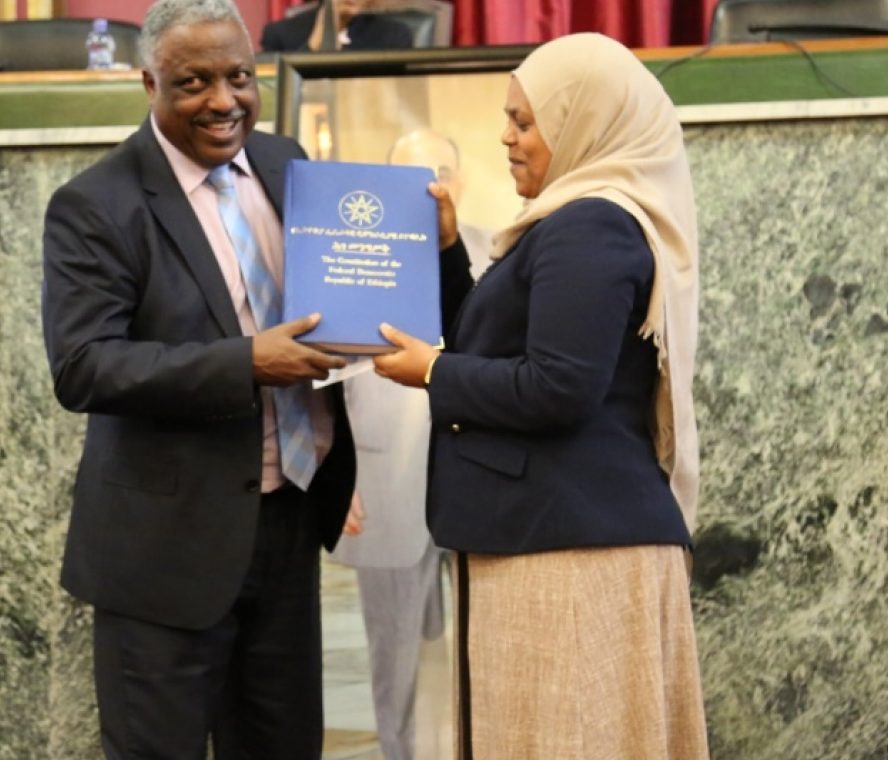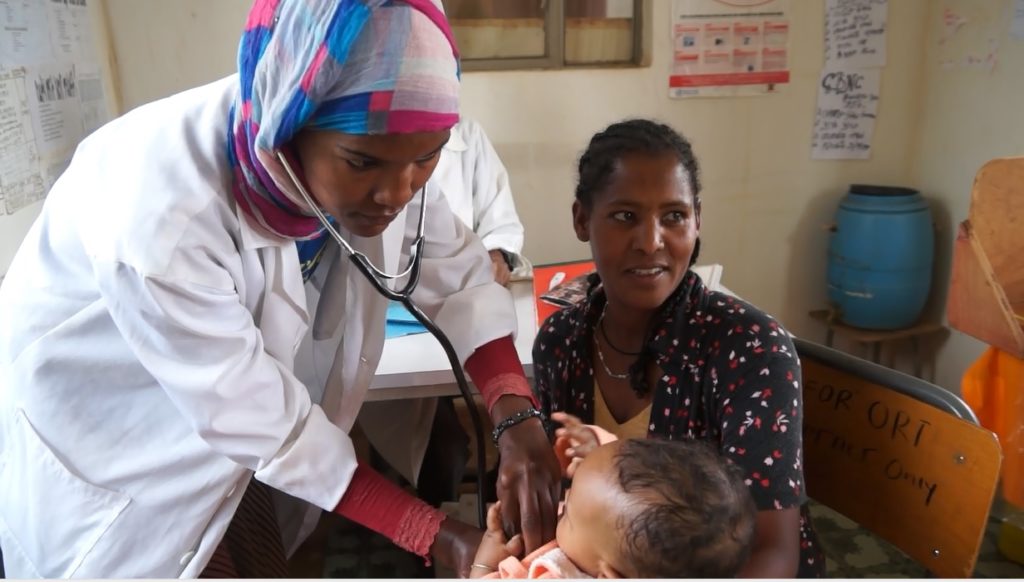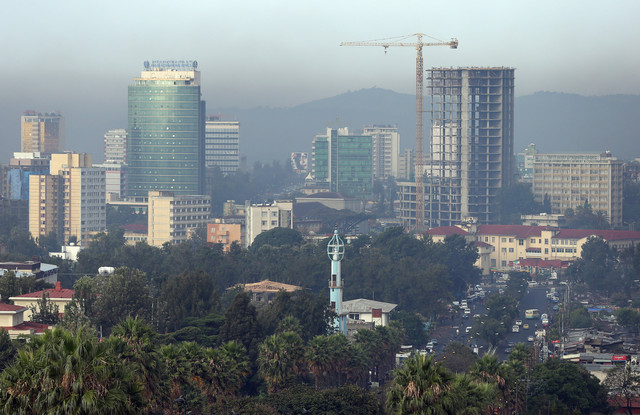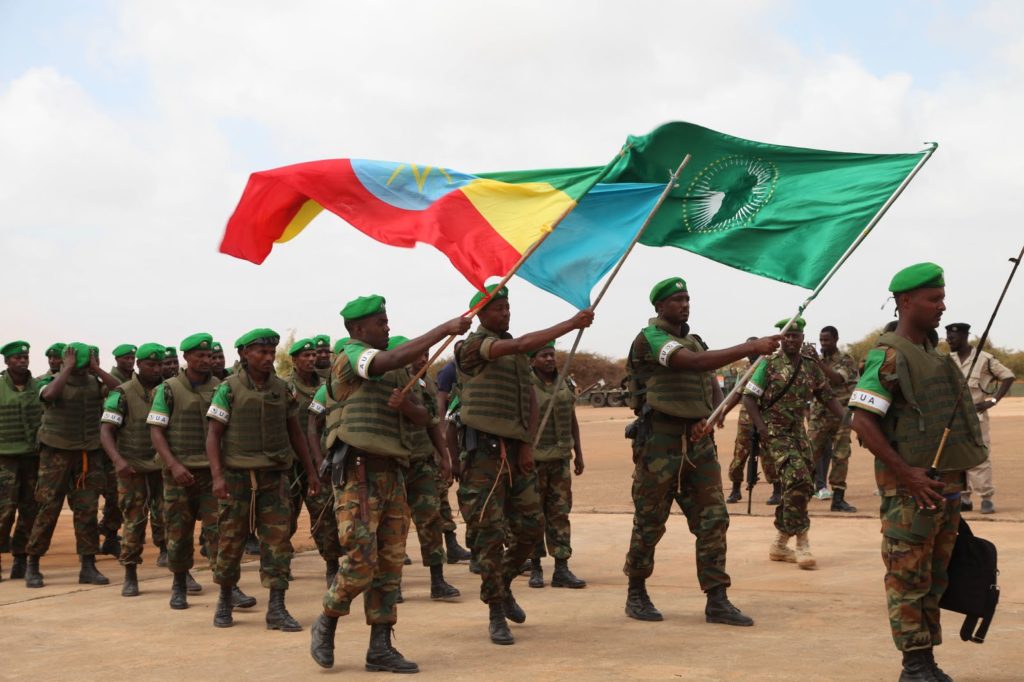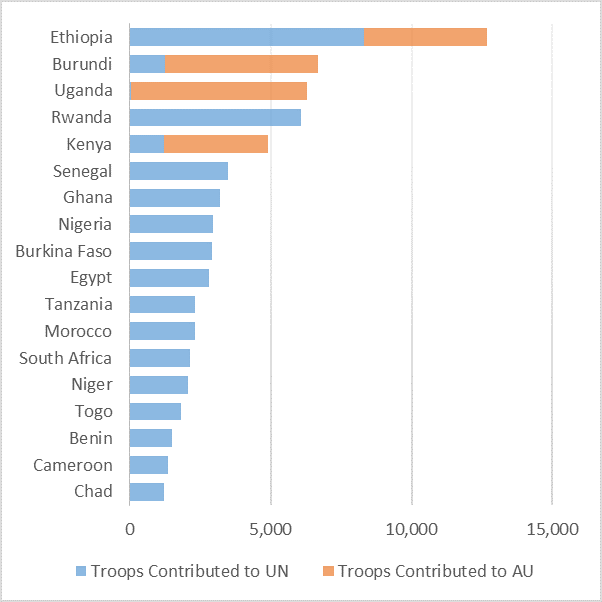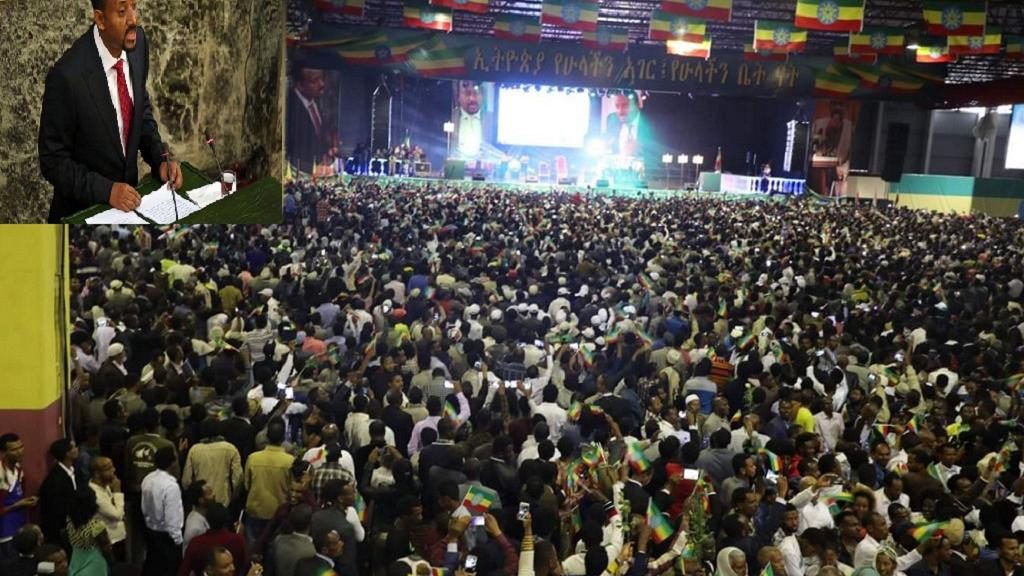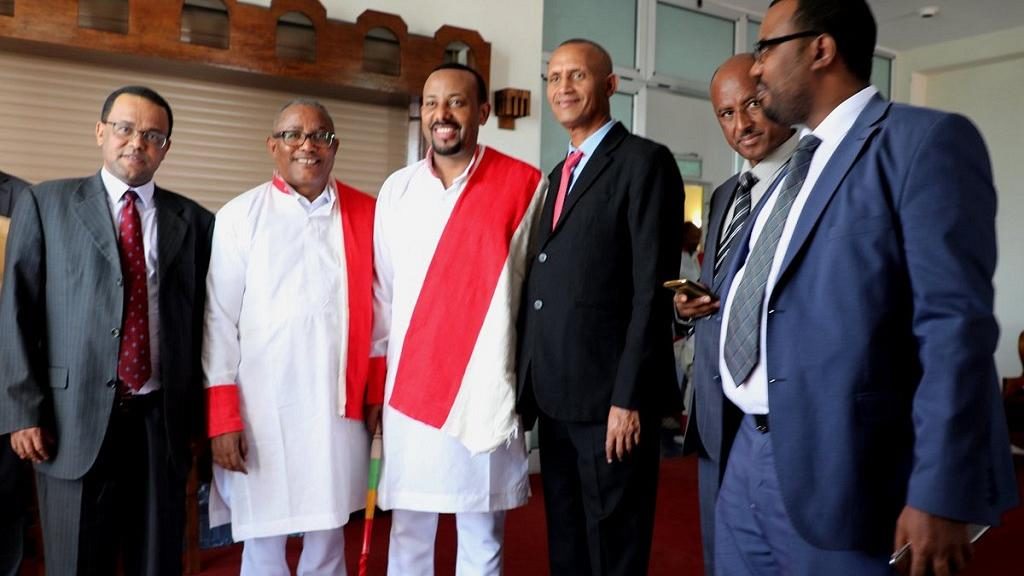 Ethiopia Premier Abiy Ahmed visited on 20 April the cities of Gondar and Bahir Dar town in the northern Amhara region. The trip was of his nationwide tour that started two weeks ago.
Ethiopia Premier Abiy Ahmed visited on 20 April the cities of Gondar and Bahir Dar town in the northern Amhara region. The trip was of his nationwide tour that started two weeks ago.
In Gondar, PM Abiy was received by the head of the region, Gedu Andargachew and other top officials of the state.
As part of his itinerary, he addressed residents at the Gondar stadium to listen to their concerns and send messages of unity.
He said the Ethiopian government would work to make Gonder city which is close to the Sudanese border a foreign trade hub for northwest Ethiopia. The PM also pledged to fix youth unemployment and other economic needs of the population.
Since taking over from PM Hailemariam Desalegn on April 2, PM Abiy has embarked on a national tour that has seen him visit Jijiga (Ethio-Somali region), Ambo (Oromia region) and Mekelle (Tigray region). He has shared the message of peace during all his rounds across the country.
He is tasked with undertaking political reforms that were announced in early January by the ruling Ethiopia Peoples’ Revolutionary Democratic Front (EPRDF).
